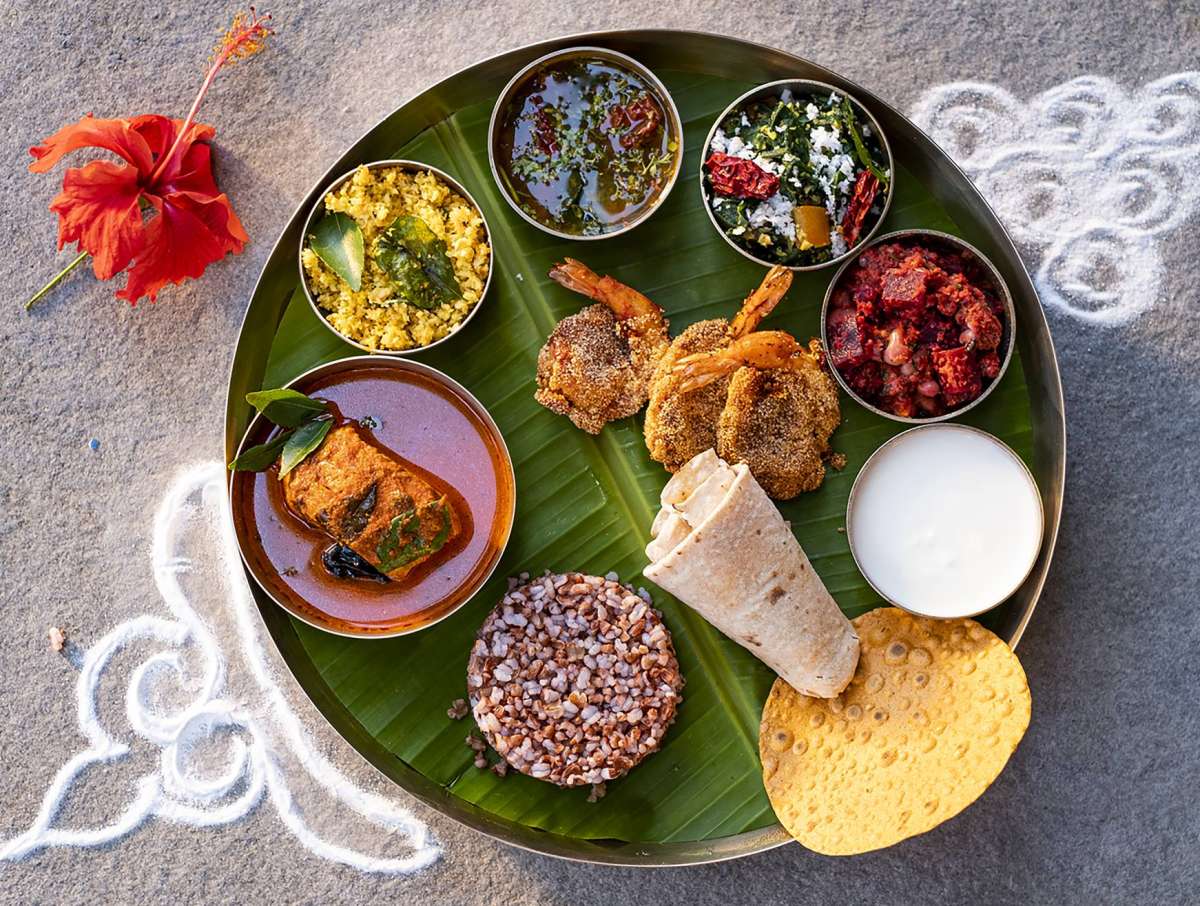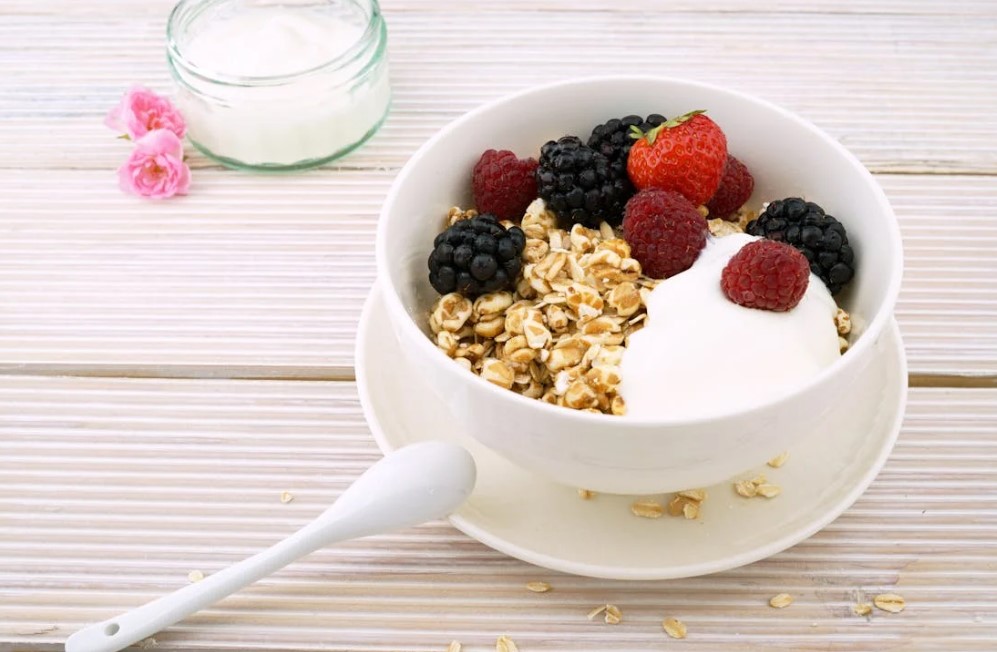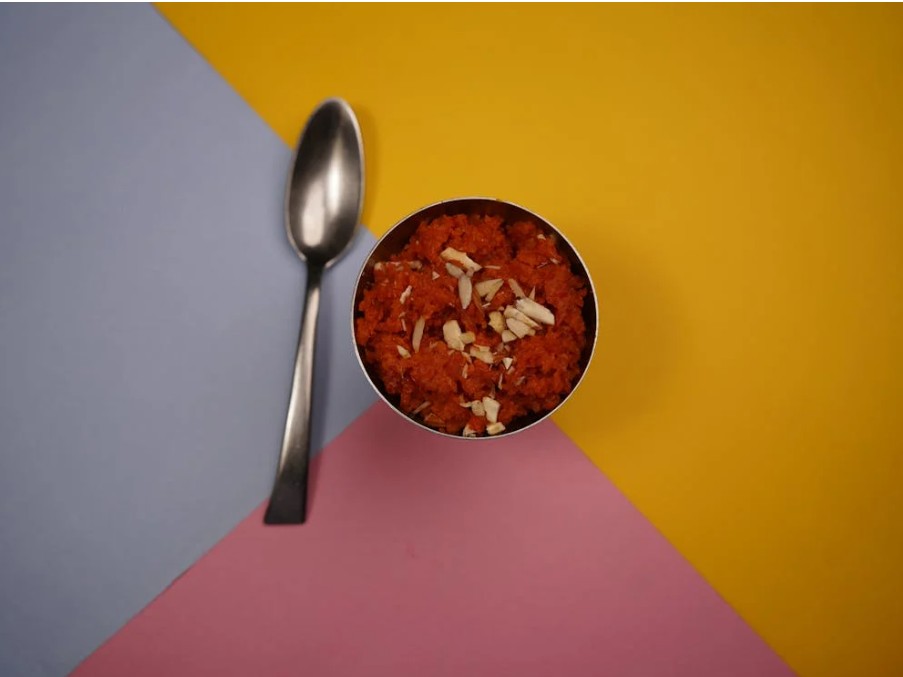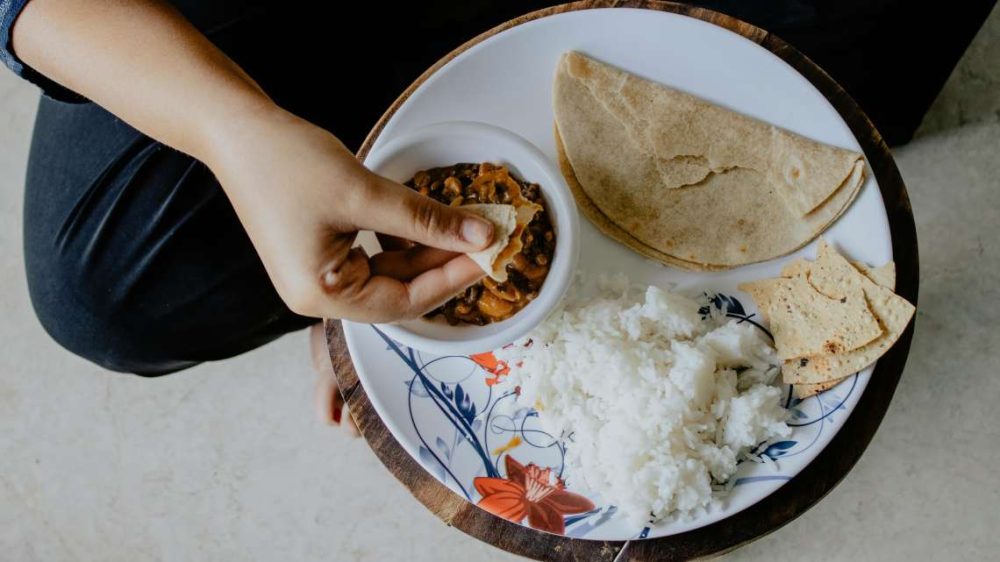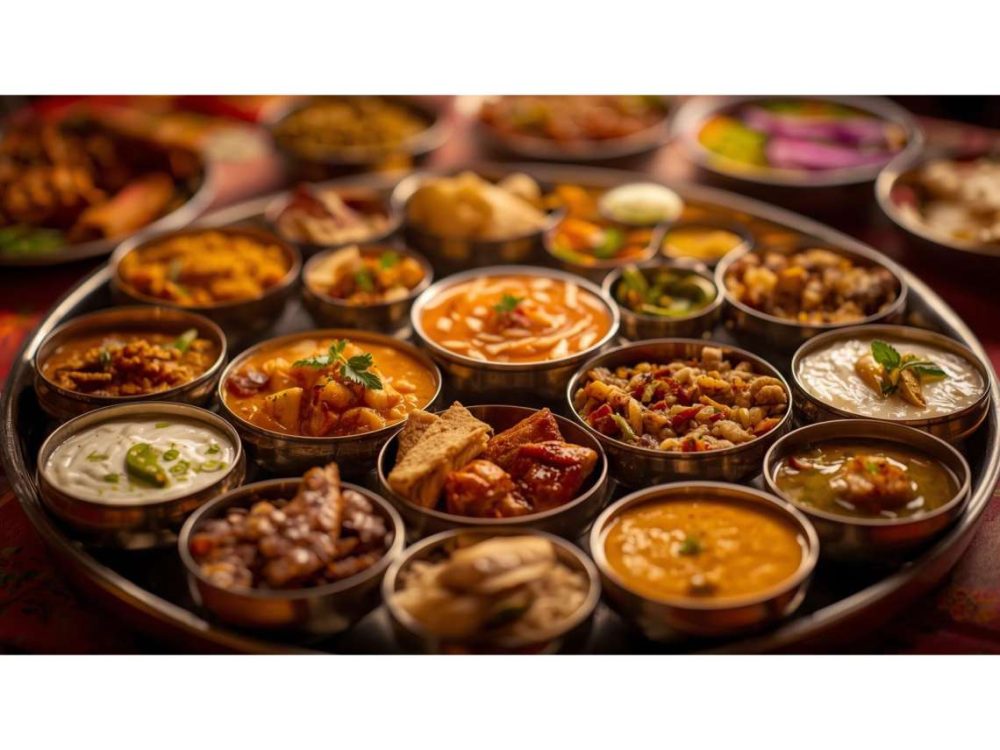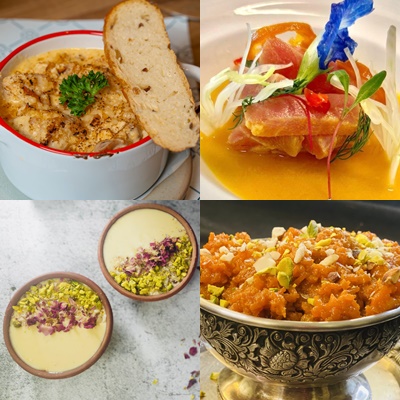Vegetables such as pumpkin, bottle gourd, drumstick, ridge gourd, garlic, fenugreek etc are beneficial and supportive to sustain the body tissues….writes Dr. Subash S. Markande
With the Monsoon set in, on the health front we get to deal with a change in our diets and due to the erratic weather fluctuations, It is an important time of year to take extra care of your health. As per classical Ayurveda tenets the body tends to get debilitated during the summer due to the heat and during the Monsoons one will experience a further decrease in one’s metabolism capacity and be more susceptible to digestive discomforts and even diseases.
The monsoons brings about advancement in the impaired digestive fire. Therefore, all the measures, medicines, foods and therapies should be oriented towards mitigating and expelling the misbalanced doshasto rekindle the digestive fires. One should adapt changes in food and lifestyle in order to keep one’s digestive fire in balance. CGH Earth SwaSwara is a verdant 30-acre space, it’s as much a sanctuary as it is a resort. The flora and fauna of coastal North Karnataka is in abundance here. Add to these activities that are designed to let you enjoy your stay at a leisurely pace – from boat ride to birdwatching, yoga to meditation sessions, art and pottery to cooking classes. The aim is to ensure that you experience a more connected, grounded holiday that re-energises you for your return to the humdrum of daily life wherein the classical Ayurveda tenets are imparted for holistic rejuvenation.
A few principal measures to mitigate the effect of a low metabolic activity & improve the gut health would be:
Food :
The food should majorly consist of unctuous (fats and oils), (slight) sour, less sweet, salty tastes, and foods which are simple andof easily digestible nature.
Old Grains and Rice harvested and stored for more than sixty days, wheat, soups of pulses and even goat meat are beneficial. While ghee and milk should be taken with the food in order to sustain and balance the metabolism.
Vegetables such as pumpkin, bottle gourd, drumstick, ridge gourd, garlic, fenugreek etc are beneficial and supportive to sustain the body tissues.
Preparations with dals such as khichadi, kadi, rice gruels, simple jeer rice, upmaare also good to consume daily.
Food should be eaten while warm.
Chew and eat a small piece of Ginger and Jaggary or Rock salt prior to each meal – to aid your digestion.
Boiled water (preferrable), Ginger water, Cumin water, Coriander water in warm or even slightly hot are recommended as they assist to kindlethe digestive fire.
Preparation:
Boil approximately 1 litre of water thoroughly in container and add around ½ tsp of Ginger /Cumin seeds or Coriander seeds to it and bring to a boil.
Cover the water with a lid. Allow the preparation to settle for about 30 mins before drinking it. Important – once these herbal waters are prepared, they should be consumed within 6 hours of preparation.
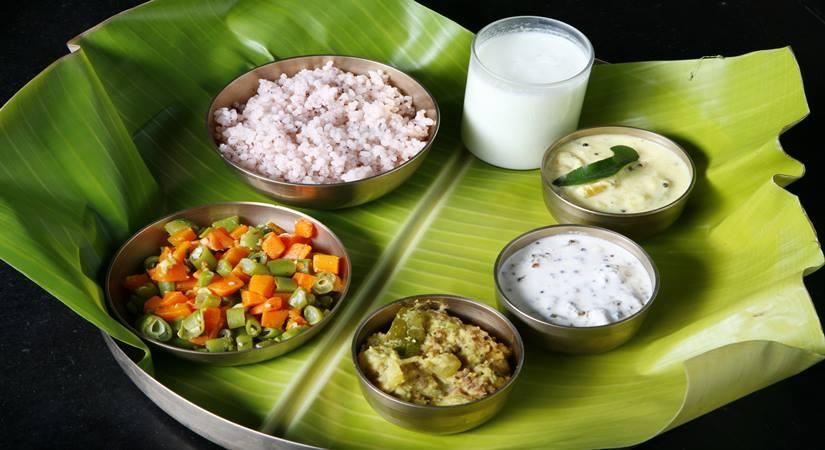
Foods to avoid:
As the metabolism slows down during the Monsoons, food items and preparations which are heavy to digest should ideally be avoided eg, ice creams, dairy, oily food stuff – deep fried etc. Potatoes, leafy vegetables, tubers, raw foods and salads, pre packed foods, curd, red meat, excess water and liquids, complex food preparations such as biryani, chole, rajma etc. Such food items are to be consumed in moderation.
Lifestyle:
A Healthy Diet needs to be supported with a Healthy Lifestyle to acquire the desired benefits.
Therefore avoid sleeping during day time, avoid over exertion and over exercising too. Keep your surroundings dry and clean; do not allow water to accumulate. Avoid walking in dirty rain water and getting wet in the rain. If you happen to get wet, change into dry clothes and dry your head at the earliest. Keep your body warm. Dry clothes using loban and dry neem leaves to keep the fungus away. Use of perfumes is recommended during this season.
Body cleansing procedures like Basti (Enema) are recommended as they reduce the adverse effects of increased “ Vata” in the body. Doing an Abhyanga (oil massage) & Padabhyangam (feet massage) with warm sesame oil is advocated, to regain strength and stamina.
ALSO READ-Never reheat these food items


